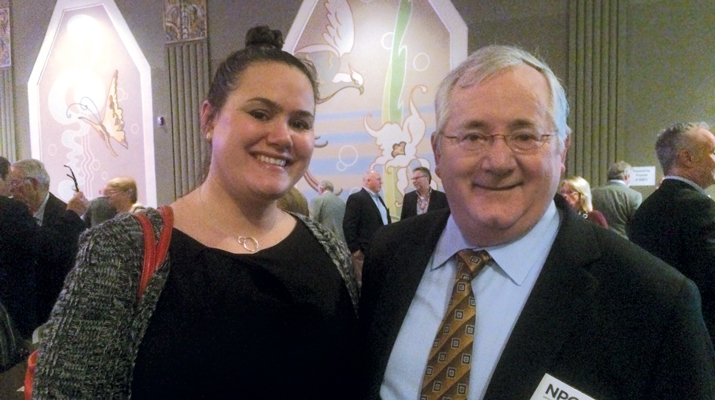Small business pessimism
Here in Ohio, the perception of business conditions among small businesses is falling like the mercury during a January cold snap.
 Patrick Hyland |
According to a December report from the National Federation of Independent Businesses, more Ohio small business owners believe conditions will deteriorate than believe they will improve. Ohio joins neighboring states Indiana, Michigan and Pennsylvania in that pessimistic view as we broach the New Year.
When asked their single most important business problem, 19 percent reported it was “inflation and rising prices,” replacing “taxes” as the most important problem cited last quarter. Thirty five percent said “energy” and 28 percent cited “materials” as the most rapidly rising costs. Not far behind, “insurance” scored 21 percent.
Twenty-nine percent said they coped with rising energy prices by reducing energy use, while 21 percent absorbed those costs with reduced earnings. Another 15 percent raised their selling prices to offset their costs.
After all the notoriety that surging energy costs and streaking gasoline and diesel prices got heading into winter, it is evident that those costs have hit small business owners hard. That’s bound to chew into any profits earned to date this frigid Buckeye winter.
Interestingly, a nationwide survey by that same group in 2004 rated these as the 10 most severe problems for small-business owners, in order:
- Cost of health insurance. Health insurance costs were a “critical” issue for 65.6 percent of respondents, the highest percentage for any problem in the survey’s 22-year history.
- Cost and availability of liability insurance. And these guys aren’t even in the hazardous material business!
- Workers’ compensation.
- Cost of natural gas, propane, gasoline, diesel or fuel oil. This one undoubtedly will leap up the ladder when the next survey is done in 2008.
- Federal taxes on business income.
- Property taxes (real, personal, or inventory).
- Cash flow. Try stretching three months of mild winter invoices through a 12-month operating cycle like the propane guys do.
- State taxes on business income
- Unreasonable government regulations. With 13 standard-setting groups and seven federal agencies that we report to, few businesses know the maddening bureacracy as intimately as our industry does.
- Electricity costs (rates). Maybe it’s time to target these businesses for propane-fired generators and fuel cells.
Patrick Hyland
Editor
phyland@questex.com
















